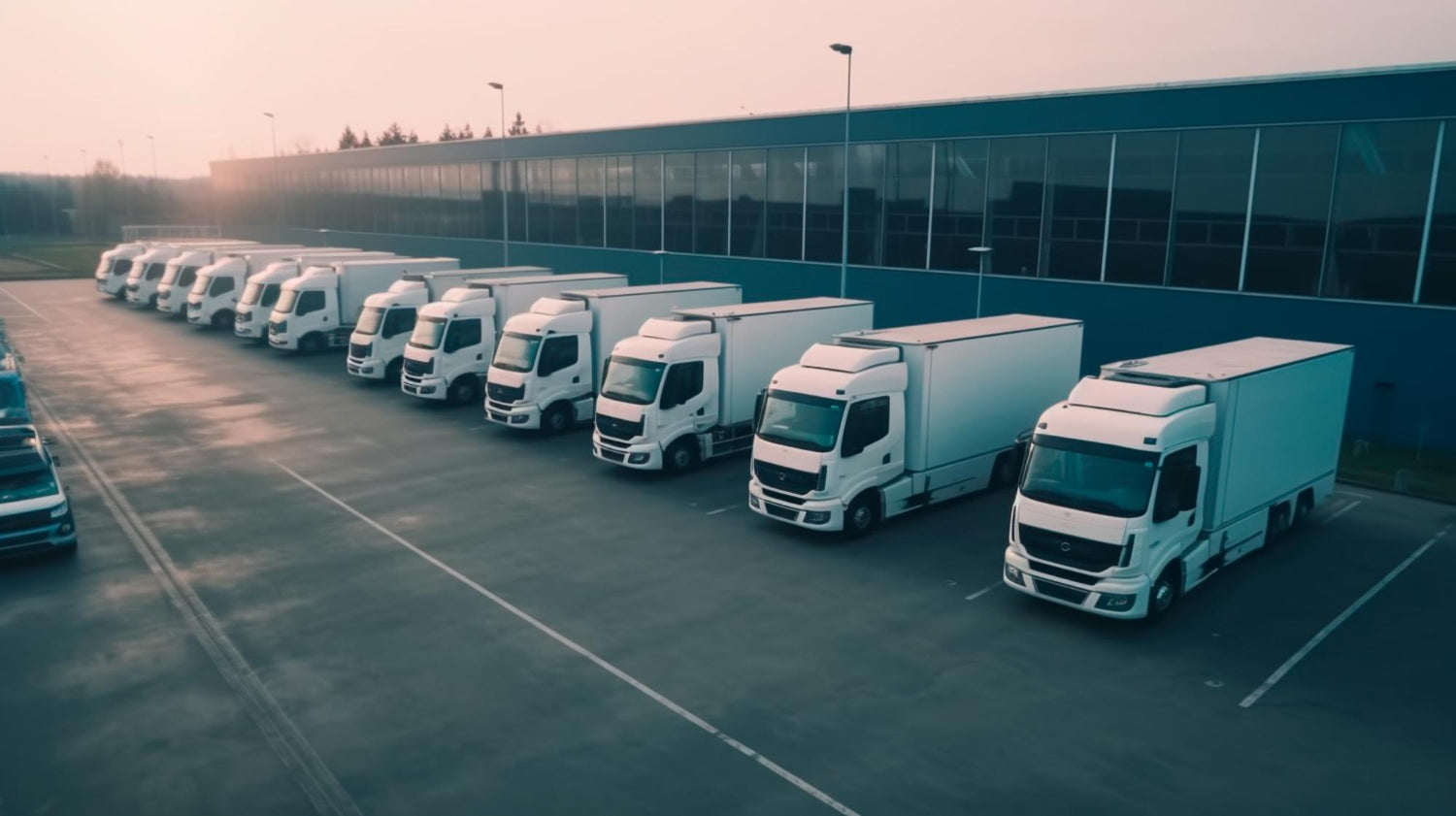Improving Fleet Management with the Right GPS Tracker

Managing a fleet of vehicles is a massive responsibility. From ensuring timely deliveries to maintaining the safety of drivers and vehicles, there’s a lot to handle. GPS trackers have become essential tools in modern fleet management. These devices provide real-time information on the location and condition of vehicles, helping you make informed decisions.
Using GPS trackers can help you monitor routes, track fuel usage, and prevent unauthorised vehicle use. This detailed data allows you to streamline operations and cut down on unnecessary expenses. Additionally, knowing the exact location of your vehicles can enhance the safety and security of your drivers, giving you peace of mind.
But choosing the right GPS tracker for your fleet is crucial. Not all trackers are created equal, and the best choice depends on your specific needs. This article will explore the benefits of GPS trackers, key features to look for, implementation tips, and solutions to common challenges.
By the end, you’ll have a clear understanding of how to improve your fleet management with the right GPS tracker.
Benefits of GPS Trackers in Fleet Management
GPS trackers offer numerous benefits that enhance the efficiency and safety of fleet management. One significant advantage is real-time tracking. Knowing the exact location of your vehicles at all times helps you monitor their progress and make adjustments if needed. This is particularly useful for handling unexpected delays or emergencies.
Improving route efficiency is another key benefit. GPS trackers provide data on the best routes to take, helping drivers avoid traffic jams and road closures. This ensures timely deliveries and saves fuel, which ultimately reduces operational costs. Keeping an eye on how long your vehicles are on the road each day helps you plan better routes and schedules.
Enhanced security is also a major plus. GPS trackers can deter theft by allowing you to quickly locate a stolen vehicle. Additionally, they can track unauthorised use of the vehicles, ensuring that all movements are within business hours and for business purposes only.
Key Features to Look for in a Fleet GPS Tracker
Choosing the right GPS tracker for your fleet involves looking for key features that match your needs. First, consider real-time tracking capabilities. This feature is crucial for keeping tabs on your vehicles and making quick decisions based on their current locations.
Another important feature is geo-fencing. Geo-fencing allows you to set virtual boundaries for your vehicles. If a vehicle goes outside these boundaries, you receive an instant alert. This helps in keeping track of routes and notifying you of any unauthorised movements.
Battery life and power options are essential too. Fleet vehicles that are on the road for long hours need trackers with a reliable power source. Hard-wired GPS trackers are ideal as they draw power directly from the vehicle. Features like remote diagnostics and maintenance alerts can save you time and money by identifying issues early.
Data storage and reporting capabilities are equally important. The tracker should store enough data and provide detailed reports on vehicle usage, routes, and any incidents. These reports help in making informed decisions and planning for your fleet’s future needs.
By carefully considering these features, you can choose a GPS tracker that meets your fleet management requirements effectively.
How to Implement GPS Tracking in Your Fleet
Implementing GPS tracking in your fleet can improve efficiency and safety. Start by choosing the right GPS tracker for your needs. Hard-wired trackers like the eliteHard are great for a wide range of vehicles, from cars to trucks and even motorbikes. For businesses that need extra features, the blackBox, which also doubles as a dash cam, offers dual benefits.
Next, install the trackers in your vehicles. Permanent installation ensures the trackers are always powered and functioning. Hard-wired kits, like the eliteOne Hard-wire Kit, make this process easier and more reliable. Follow the instructions provided with the kit to do it yourself, or hire a professional if you’re unsure.
Once installed, set up the tracking software. This software will let you monitor your fleet in real-time, generate valuable reports, and set up alerts for any unusual activity. Customise the settings to fit your needs, such as setting geo-fences and alert preferences.
Finally, train your team. Make sure your drivers and dispatch staff understand the new system and how to use it properly. Regular training sessions can help everyone stay familiar with the technology and use it to its full potential.
Common Challenges and How to Overcome Them
While GPS tracking offers many benefits, implementing and managing it can come with challenges. One common issue is resistance from staff. Some drivers may feel uncomfortable being monitored. Overcome this by explaining the benefits, such as improving their safety and making their jobs easier.
Another challenge is the initial cost of installation and maintenance. GPS trackers and their installation can be expensive. However, the long-term savings in fuel costs, reduced vehicle wear, and lower insurance premiums can offset these initial expenses. Consider these long-term benefits when planning your budget.
Data management can also be tricky. With a lot of data coming in, it’s easy to feel overwhelmed. Use the tracking software to filter and display the most critical information. Regularly review the data to look for patterns and areas for improvement.
Communication issues can arise if the system is not set up correctly. Ensure that your trackers have reliable network coverage and that your software is up to date. Regular maintenance checks can help prevent problems and keep the system running smoothly.
Streamline Your Fleet Operations: Benefits of the Right GPS Tracker
Improving fleet management with the right GPS tracker can transform the way your business operates. From real-time tracking and route efficiency to enhanced security and cost savings, the benefits are significant. Choosing the right tracker, such as eliteHard or blackBox, planning a smooth implementation, and addressing common challenges upfront can help you reap these rewards.
Investing in GPS tracking technology is a step towards smarter fleet management. It opens the door to better operational control, increased safety, and lower costs. Whether you manage a small fleet or a large one, GPS tracking can provide valuable insights and make your job easier.
Ready to take your fleet management to the next level? Visit Elite GPS today to explore our range of GPS tracking solutions that suit your needs. Enhance your fleet’s efficiency and safety with Elite GPS’s reliable products and services!





Leave a comment